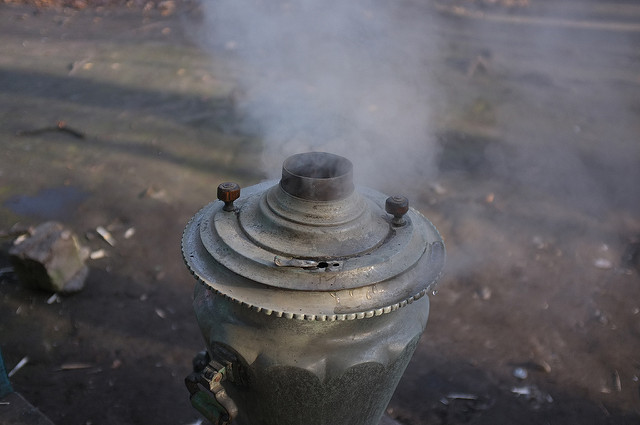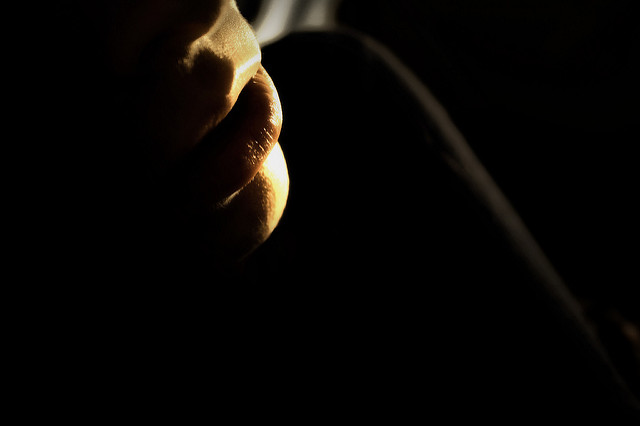Honoring the Dead By Serving the Living
A Euology for My Grandmother
It seems to me that a funeral is an opportunity to reflect on three things: a person’s life, the historical context in which that person lived, and of course her impact on those gathered to mourn and to celebrate. These three elements of a funeral are especially relevant to my grandmother, whom I called Baba, for her life was deeply influenced by some of the most brutal events of the 20th century, namely Stalin’s reign of terror, Hitler’s invasion of Russia and the ugly anti-semitism of the Soviet Union. It is not surprising, then, that history left an indelible mark on Baba’s life, one that manifested itself in the form of a pervasive sadness that was evident to me for as long as I can remember. Finally, I can also say that though her past left her with an understandable cynicism, her love of me was unequivocal, and the safety and comfort of that love afforded me helped to shape who I am today, a person that has dedicated his life to fighting the injustice that Baba and so many others on this planet have had and continue to face, be it in the form of poverty, racism, environmental degradation or blatant inequality.
And so it is after contemplating these three elements of a funeral–reflection on a person’s life, the events that shaped that life and the effect the deceased had on the living–that I decided to title this eulogy ‘Honoring the Dead by Serving the Living.’ I’d like to take a moment, therefore, to tell you a little bit about Baba’s life, as well as how her life and its meaning has affected me, her only grandson.

.jpeg)



